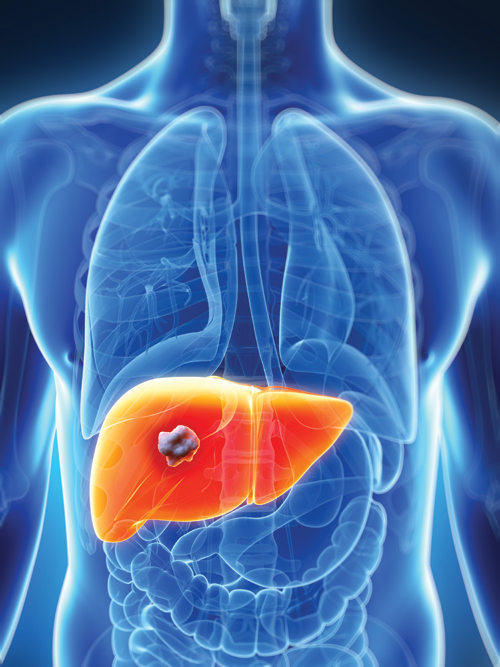News & Articles

Understanding Liver Cancer: Treatment Options

Liver Cancer
1. What is Liver Cancer?
Liver cancer occurs when liver cells grow out of control. Within the liver there are de-novo liver cells and also bile duct cells. When liver cells become cancerous, they are known as liver cancer or hepatocellular cancer. When bile ducts cell become cancerous, it is known as cholangiocarcinoma.
Commonly there are cancer nodules due to spread of cancer to the liver. Those cancers in the liver from other sites are known as secondary liver cancer.
2. How common is Primary Liver cancer?
It is the 6th most common cancer worldwide and the 3rd most common cancer causing death worldwide.
In Singapore, it is the 4th most common cancer among Singaporean men and not even among the top 10 cancers in women. However it is the third most common cause of cancer related deaths in men and fifth most common cause of cancer related deaths in Singaporean women.
3. Risk factors
The most common risk factors include:
- Chronic Hepatitis B infection
- Hepatitis C infection
- Cirrhosis or hardening of liver due to alcohol , fatty liver and a condition called hemochromatosis due to deposition of iron in liver. Fatty liver causing liver cancer is increasingly seen in Singapore.
- Environmental causes such as taking mouldy peanuts containing aflatoxin and exposure to mycocystin in contaminated pond waters.
- Smoking and male sex are also risk factors.
4. Symptoms
In the early stage of liver cancer, most patients do not have any symptoms. Symptoms occur only when disease is more advanced and not operable. Symptoms include:
- Fatigue and general weakness
- Loss of weight and appetite
- Nausea and vomiting
- Abdominal distension and swelling
- Fever
- Jaundice or yellow skin.
5. How to diagnose liver cancer
Liver cancer is diagnosed after a thorough clinical examination with blood test abnormality (called tumour marker known as alpha-fetoprotein) and special X-Ray or MRI scans of the liver. The most definitive diagnosis is biopsy of the liver.
6. How is liver cancer staged?
Liver cancer is staged by the extent of disease on the scan, liver function and also physical fitness of patient.
7. How is liver cancer treated?
Liver cancer is treated based on the staging and function of liver.
In early stage the treatment of choice is liver resection.
In early stage liver cancer patients, who has bad liver function, liver transplant is an option.
In intermittent stage, administration of chemotherapy and a gel directly to the liver cancer called trans-arterial chemoembolization is the choice. Alternatively, instead of chemotherapy, small minute beads tagged with substance that emit radiation is also increasingly used, this is called trans-arterial radioembolization.
Other options include radiofrequency ablation and cryotherapy.
In more advanced stages, targeted therapy, immunotherapy and chemotherapy can be administered to control the disease.
8. Prevention
These include:
- Hepatitis B vaccination
- Hepatitis C treatment
- Stopping alcohol and or drinking alcohol in moderation.
- Regular 6 monthly screening of liver cirrhosis patients from whatever causes AND hepatitis B carriers using blood test and ultrasound.
- Drinking 2 cups of coffee and a diet high in omega3 fatty acids seem to prevent liver cancer.
| POSTED IN | Cancer Treatments |
| TAGS | chemotherapy, common cancer, fatigue, immunotherapy, prevent cancer, radiofrequency (RF) radiation, stage 4 cancer, targeted therapy, tumour markers |
| READ MORE ABOUT | Liver Cancer |
| PUBLISHED | 03 September 2020 |
